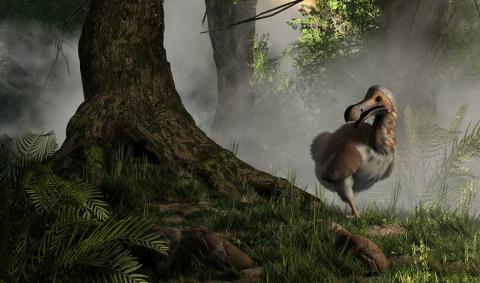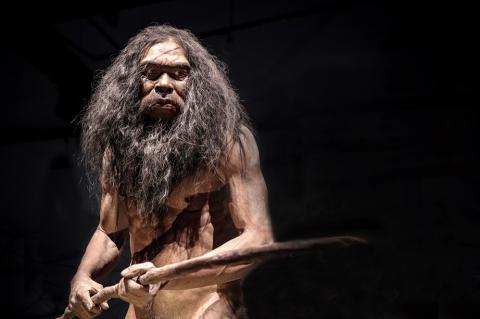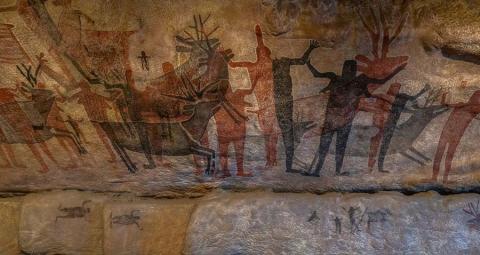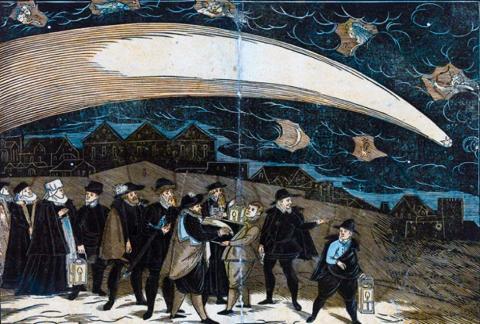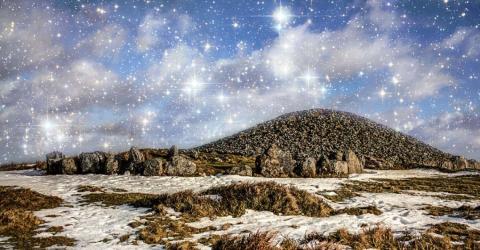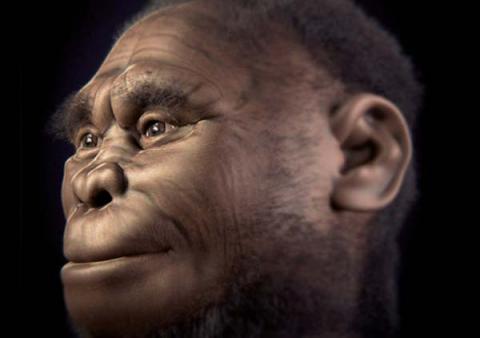Mammoths became extinct on mainland Alaska just under 12,000 years ago. Or at least that’s the current consensus. This timeline supports the argument that the arrival of humans at the end of the last Ice Age, around 14,000 years ago, played a pivotal role in their demise.
Origins
Prehistoric people, prehistoric world, genetics, science, creatures
Colossal Biosciences Leads the Charge for De-Extinction
Interview excerpt
Finding the Extinct Dodo - Interview with Ms. Jayshree Mungur-Medhi
Interview excerpt
10 Mysterious Human Species Most People Don’t Know Existed
- Read more about 10 Mysterious Human Species Most People Don’t Know Existed
- Log in or register to post comments
Discover the Origins of Your Food
We’ve all created associations between certain foods and ingredients with particular places and cultures. But the history of the origin of foods is complicated and ascertained only thanks to serious academic and scientific study. Read on to discover the lesser-known origins of popular foods.
- Read more about Discover the Origins of Your Food
- Log in or register to post comments
Does Cave Art Reflect the Human Higher Brain Function of Language?
A perplexing question that often arises is: why did our ancestors undertake chthonic journeys into the deepest bowels of the earth to express themselves through art against the uneven walls of the darkest caves? Why not paint rock art in more accessible locations?
How Ancients Explained Comets and Meteors
To the ancients, the incredible and unfamiliar natural celestial events were interpreted through cultural understandings of the day – which is to say, they were considered divine or damning.
- Read more about How Ancients Explained Comets and Meteors
- Log in or register to post comments
The Astronomical Temples of Loughcrew
It is probably not possible to tell when humans first began to wonder about the stars, the sun, and the moon or tried to understand their motion, though there is evidence of a lunar calendar being used by hunter-gatherers during the Upper Paleolithic in Europe around 32,000 BC.
- Read more about The Astronomical Temples of Loughcrew
- Log in or register to post comments
The Hobbits of Flores Island - Our Most Endearing and Intriguing Relatives
Flores is a pretty island in eastern Indonesia which is home to nearly two million inhabitants. Most significantly, it is the only place on Earth where traces of an ancient hominin species known as Homo floresiensis have ever been found.






